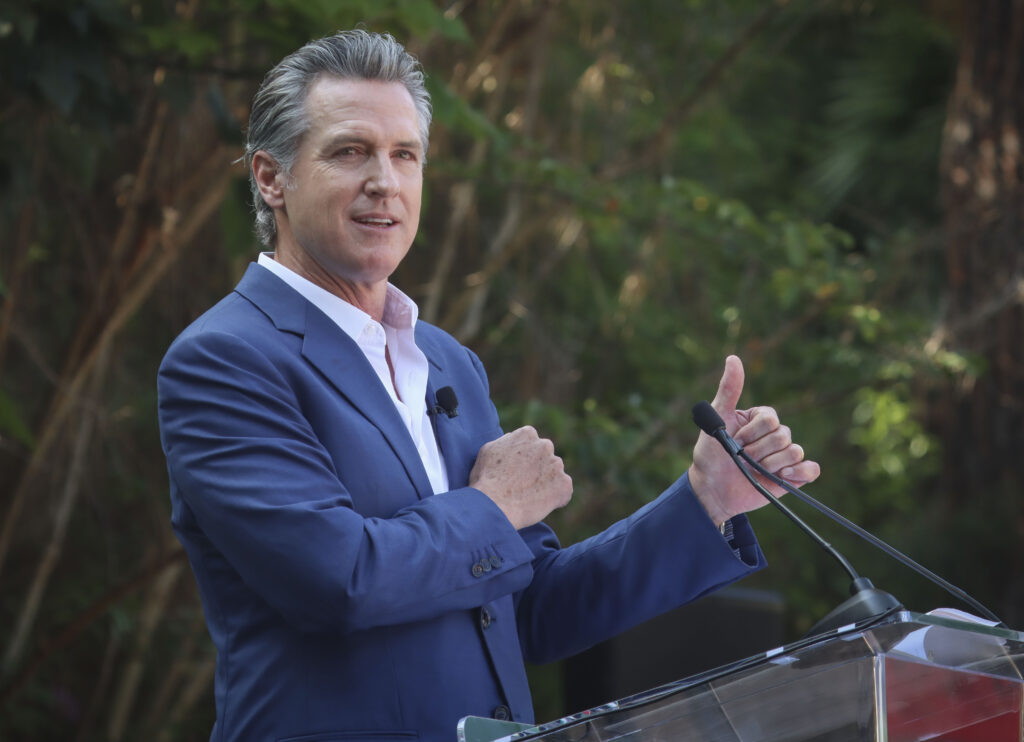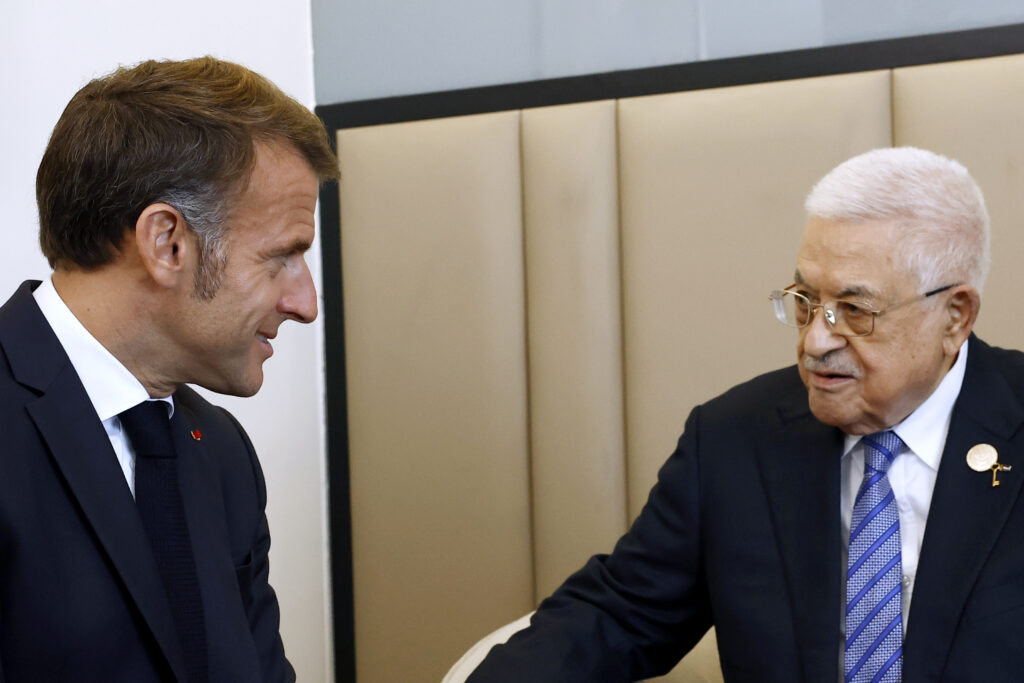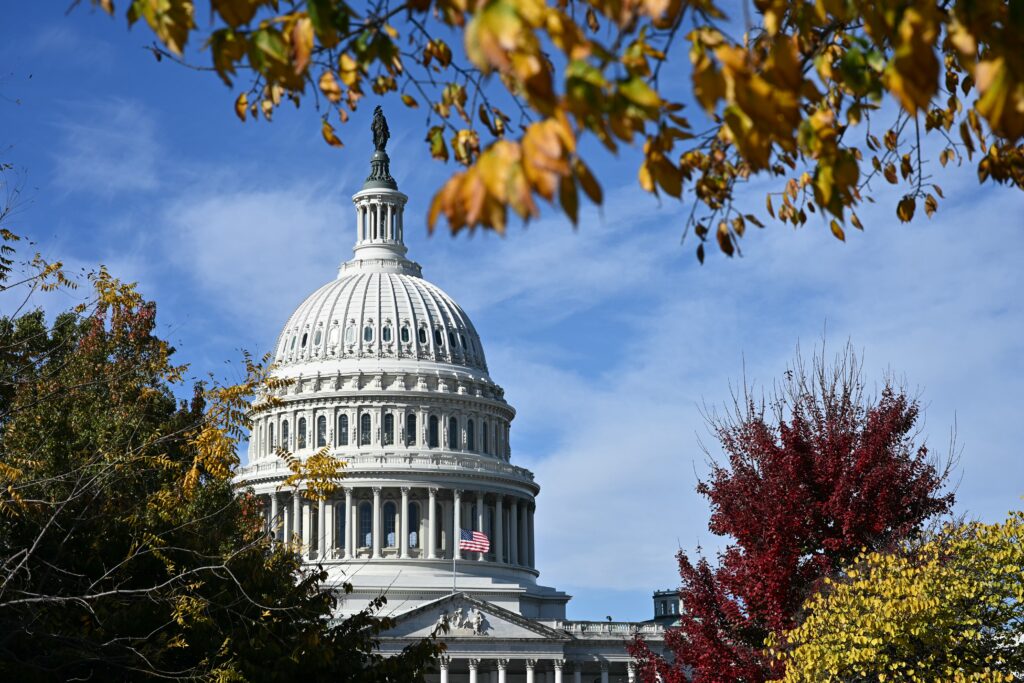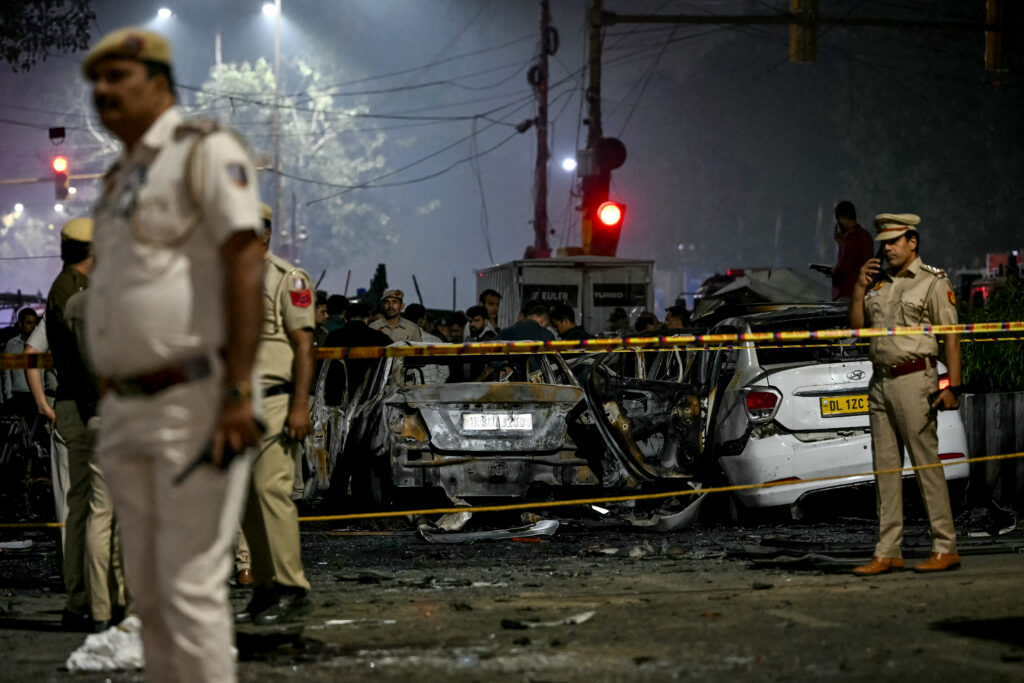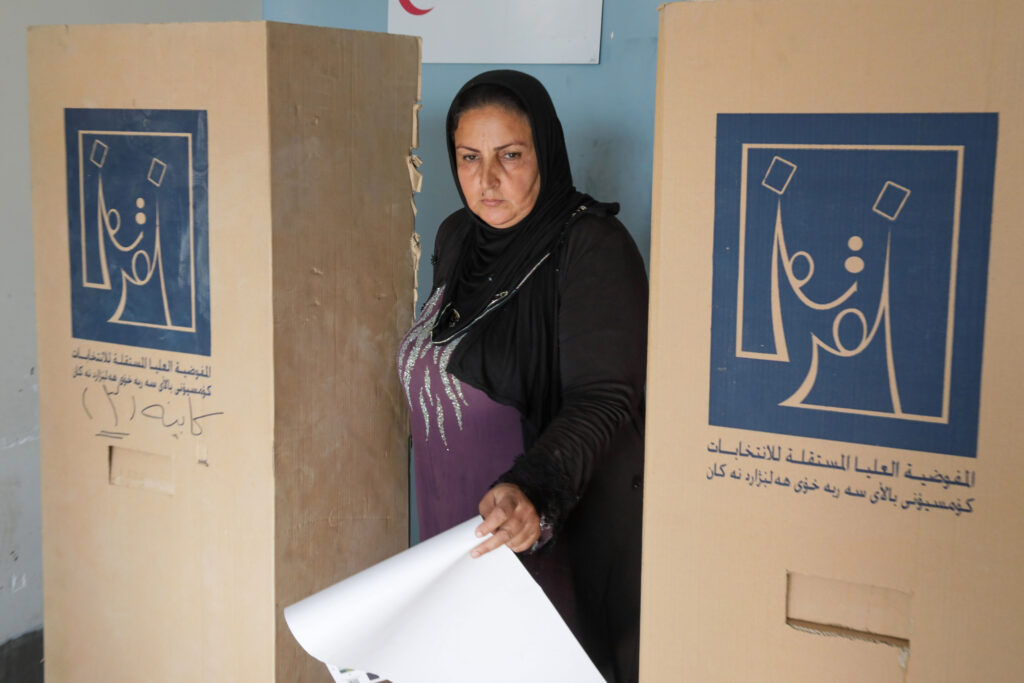India probes deadly Delhi blast, vows those responsible will face justice
India’s defence minister vowed on Tuesday that those responsible for a deadly car explosion in the heart of the capital that killed at least eight people will face justice.Monday’s blast, if confirmed as an attack, would be the first significant security incident since April 22, when 26 mainly Hindu civilians were killed at the tourist site of Pahalgam in Indian-administered Kashmir, triggering clashes with Pakistan.”The country’s leading investigative agencies are conducting a swift and thorough inquiry into the incident — findings of the investigation will soon be made public,” Defence Minister Rajnath Singh told a conference in New Delhi.”I want to firmly assure the nation that those responsible for this tragedy will be brought to justice, and will not be spared under any circumstances.”Crime scene investigators scoured through the wreckage of a car early on Tuesday, hours after the intense explosion.Senior Delhi police officer Raja Banthia said they were investigating the blast, near the landmark Red Fort in the crowded Old Delhi quarter of the city, under anti-terrorism laws.However, they have not given details on the cause of the explosion, which also wounded at least 19 people when intense flames ripped through other vehicles near the 17th century structure.New Delhi’s deputy chief fire officer AK Malik told AFP shortly after the explosion that eight people had been killed. The Press Trust of India news agency reported on Tuesday that the death toll had risen to 12, although that figure has not been confirmed.Home Minister Amit Shah told reporters late on Monday that security forces were “keeping all angles open”, adding that it was “very difficult to say what caused the incident” until forensic samples had been analysed.At dawn on Tuesday, AFP reporters at the site said police had erected white sheets around the charred remains of vehicles overnight.Security was increased across New Delhi as both forensic and anti-terrorism agencies searched for evidence.Prime Minister Narendra Modi offered his “condolences to those who have lost their loved ones in the blast in Delhi” before leaving for a state visit to neighbouring Bhutan.”I understand the pain of the families. The whole nation stands with them,” he said.The Red Fort is one of India’s most well-known landmarks. Prime ministers address the nation from its ramparts on Independence Day, and its striking features appear on India’s largest banknote.- ‘People were burning’ -Eyewitnesses described to AFP how the car exploded in traffic and how people caught up in the surge of flames were set on fire.”I saw the car explode while it was moving,” said Dharmindra Dhaga, 27.”People were on fire and we tried to save them… Cars and people were burning — people inside the cars were burning,” he said. “I was telling the public to save them, rescue them, and get them out. The public was busy making videos and taking photos.”The emergency ward at Delhi’s LNJP hospital was chaotic after the explosion as wounded people streamed in and doctors rushed to treat them.A woman broke down outside the ward where her husband was being treated. “I can’t bear to see him like that,” she said as her brother tried to console her.New Delhi accused Pakistan of backing the gunmen after the April attack in Pahalgam, a claim denied by Islamabad.That attack sparked deadly clashes between the nuclear-armed arch rivals in May, when more than 70 people were killed in missile, drone and artillery exchanges before a ceasefire was struck.The last significant attack in the Indian capital was in September 2011, when a bomb hidden in a briefcase ripped through a crowd outside New Delhi’s High Court, killing at least 14 people.
US state leaders take stage at UN climate summit — without Trump
The Americans are coming.President Donald Trump’s administration may have steered clear of this year’s UN climate summit in the Brazilian Amazon, but the conference’s second day on Tuesday is nonetheless set to be dominated by the governors of California and New Mexico.Anticipation is building particularly around California’s telegenic leader Gavin Newsom, who governs the world’s fourth-largest economy and has sought to cast himself as the Anti-Trump — with murmurs of a 2028 presidential run in the air.”We are doubling down on stupid in the United States of America,” the Democrat told an audience at a Milken Institute event in Sao Paulo on Monday, giving a taste of the sharp anti-Republican rhetoric for which he has become known. “Not in my state of California.”Newsom’s agenda in Brazil includes a meeting with Helder Barbalho, governor of Para state, of which the COP30 host city Belem is the capital, and another with New Mexico’s Michelle Lujan Grisham.Trump, who has made an aggressive fossil fuel expansion central to his second term, withdrew the United States from the Paris climate accord upon returning to office in January.But according to Champa Patel, executive director for governments and policy at Climate Group, which runs the Under2 Coalition of global states and regions, US states can still pursue the climate blueprints left by former president Joe Biden’s administration.”The states have that roadmap, they can still follow it and keep to the spirit of Paris,” Patel told AFP. “Ultimately, it’s state-level actors that are going to implement, and the real economy is shifting,” Patel said, pointing to wind and solar growth even in Republican-led states driven by market forces.Newsom is expected to tout California’s green credentials, including a $4.1 trillion economy that is now two-thirds powered by clean energy, and the state’s successful Cap-and-Invest program, a carbon market recently extended by law until 2045.New Mexico’s Lujan Grisham governs a major fossil fuel-producing state but has pushed to expand renewables and curb methane emissions from the oil and gas sector.Still, questions linger over the limits of state-level action. Trump’s Republicans recently passed a law bringing an early end to clean energy tax credits enacted under Biden that is seen as a potentially crippling blow to the renewable sector.And while state and regional coalitions can exert political pressure at climate summits they remain, for now, outside the official text-drafting process.
Burger King to enter China joint venture, plans to double stores
US fast-food chain Burger King will rapidly expand its China operations in coming years, its parent company said, selling its controlling stake to form a new joint venture powered by hundreds of millions of dollars in local investment.International brands have in recent years sought to pivot their strategies in the world’s number two economy, where a persistent spending slump and increasingly digitalised services shape new consumption habits.The Florida-based hamburger giant — owned by Canadian multinational Restaurant Brands International (RBI) since 2014 — entered the Chinese market in 2005.Two decades later, Burger King still trails global rivals McDonald’s and KFC in the vast consumer market.The new joint venture, Burger King China, will receive $350 million in investment from Beijing-based private equity firm CPE, according to a statement by RBI on Monday.The funds will be used to “support restaurant expansion, marketing, menu innovation, and operations”, the statement said.Under the new blueprint, Burger King China will seek to double the chain’s number of restaurants in the country “within five years” and reach more than 4,000 locations by 2035, it added.By contrast, key competitor McDonald’s had more than 6,800 stores in mainland China last year, according to data released by the company.Fried chicken chain KFC had over 12,600 stores in China as of the end of September this year, according to the website of Yum China, its local operator.Once the transaction is complete, CPE will hold around 83 percent of Burger King China, while RBI will hold the remainder, the statement said.”China remains one of the most exciting long-term opportunities for Burger King globally,” said Joshua Kobza, CEO of RBI, according to the statement.”Our recent investments and this joint venture underscore our confidence in the Chinese market,” he added.The latest shake-up follows an announcement last week by Starbucks that it will sell a controlling stake in its China retail operations.The partnership marks a strategic shift for the US coffee chain after more than 26 years in China, where it has ceded market share more recently to a new generation of local competitors.
France’s Macron to meet Palestinian president Abbas
French President Emmanuel Macron will meet Palestinian president Mahmud Abbas in Paris on Tuesday to discuss the “full implementation” of the Gaza ceasefire agreement, the Elysee said.The meeting comes a month into a fragile truce between Hamas and Israel, following two years of war triggered by the Palestinian militant group’s October 7, 2023 attack against Israel.Abbas, 89, is the longtime head of the Palestinian Authority, which exercises limited control over parts of the West Bank and is being considered to assume governance in Gaza under the deal.The two leaders “will discuss the next steps in the peace plan, particularly in the areas of security, governance and reconstruction”, said the French presidency.Brokered by US President Donald Trump, the October 10 ceasefire has been tested by fresh Israeli strikes and claims of Palestinian attacks on Israeli soldiers.Trump said last week he expected an International Stabilisation Force tasked with monitoring the ceasefire to be in Gaza “very soon”.The meeting also follows Macron’s decision in September to recognise a Palestinian state at a United Nations summit — a move the Palestinian Authority hailed as “historic and courageous”.During talks with Abbas, Macron is expected to discuss the need to maintain humanitarian aid access for Gaza and to address changes within the Palestinian Authority.Reforming the governing body is essential for a “democratic and sovereign Palestinian state, living in peace and security alongside Israel”, the Elysee said.Hamas’s October 2023 attack resulted in the deaths of 1,221 people on the Israeli side, mostly civilians, according to an AFP tally based on official Israeli figures.The Israeli military’s retaliatory campaign has since killed more than 69,000 Palestinians, also mostly civilians, according to Gaza’s health ministry.The ministry, whose figures are considered reliable by the United Nations, does not specify the number of fighters killed within this total.
Le Congrès américain avance vers une fin de la paralysie budgétaire
Le Sénat américain a adopté lundi un texte qui, une fois approuvé par la Chambre des représentants, lèverait la paralysie budgétaire après plus de 40 jours de “shutdown”, mais qui est source de dissensions dans le camp démocrate.La proposition de loi adoptée à 60 voix pour et 40 contre étend le budget actuel jusque fin …
Le Congrès américain avance vers une fin de la paralysie budgétaire Read More »
Inde: enquête sur l’explosion d’une voiture à New Dehli
Les enquêteurs cherchent mardi les causes de l’explosion d’une voiture au coeur de la capitale indienne, qui a tué au moins huit personnes et en a blessé 19 autres.Aucune cause officielle n’a pour le moment été avancée après l’explosion survenue lundi soir près d’une station de métro, propageant des flammes sur plusieurs véhicules dans le …
Inde: enquête sur l’explosion d’une voiture à New Dehli Read More »
Iraqis vote in general election in rare moment of calm
Iraqis began voting for a new parliament on Tuesday at a pivotal time for the country and the wider region, in an election that both Iran and the United States will be closely watching.Iraq has been unusually stable in recent years, as the nation tries to move past decades of war and repression under slain dictator Saddam Hussein and since the US-led invasion that toppled him.But even now, the country of 46 million people suffers from poor infrastructure, failing public services and endemic corruption.Many have lost hope that elections can bring meaningful change to their daily lives and see the vote as a sham that only benefits political elites and regional powers.Polling stations opened at 7:00 am local time (0400 GMT) and close at 6:00 pm (1500 GMT), with preliminary results expected within 24 hours of closing.Just minutes after the polls opened, several senior politicians cast their votes at the luxurious al-Rasheed hotel in the capital, Baghdad.Despite the scepticism, more than 7,740 candidates, nearly a third of them women, are running for the 329-seat parliament.Only 75 independents are standing under an electoral law that many believe favours larger parties.More than 21 million people are eligible to vote, but there are fears turnout could drop below the 41 percent registered in 2021 — the lowest since voting began.”Every four years, the same thing happens. We don’t see young faces or new energies” capable of “making a change,” said university student Al-Hassan Yassin.- Sectarian politics -Over the years since US-led forces ousted Saddam Hussein, a Sunni, Iraq’s long-oppressed Shiite majority still dominates, with most parties retaining ties to neighbouring Iran.By convention in post-invasion Iraq, a Shiite Muslim holds the powerful post of prime minister and a Sunni that of parliament speaker, while the largely ceremonial presidency goes to a Kurd. No new names have recently emerged, with the same Shiite, Sunni and Kurdish politicians remaining at the forefront.Prime Minister Mohammed Shia al-Sudani, who hopes for a second term after serving under the banner of stability and reconstruction, is likely to score a significant win.Sudani rose to power in 2022 by the Coordination Framework, a ruling alliance of Shiite parties and factions all linked to Iran.He has highlighted his success in keeping Iraq relatively unscathed by the turmoil engulfing the Middle East. But securing a big bloc does not guarantee him a second term: the next prime minister will be voted in by whichever coalition can secure enough allies to become the largest bloc.Although they run separately, Shiite parties within the Coordination Framework are expected to reunite after elections and pick the next premier.- Where’s Sadr? -The ballot is marked by the absence of influential Shiite cleric Moqtada Sadr, who urged his followers to boycott what he called a “flawed election”.In 2021, Sadr secured the largest bloc before withdrawing from parliament following a dispute with Shiite parties that did not support his bid to form a government, and instead came together to form a larger alliance.The rift culminated in deadly fighting in Baghdad.Sunni parties are running separately with the former speaker Mohammed al-Halbussi expected to do well.In the autonomous Kurdistan region, the rivalry between the Kurdistan Democratic Party and the Patriotic Union of Kurdistan remains fierce.Iraq, which has long been a fertile land for proxy wars, is a close ally of Iran and the United States.It has long sought to maintain a balance between the two foes, and even more so now that the Middle East is undergoing an avalanche of change, with new alliances forming and old powers weakening.Even as its influence wanes, Iran hopes to preserve its power in Iraq — the only close ally that stayed out of Israel’s crosshairs after the heavy losses its other allies have incurred in Lebanon, Yemen and Gaza since 2023.Early last year, pro-Iran factions listed as terrorist groups by Washington yielded to internal and US pressure and stopped targeting American forces in Iraq after months of attacks over the Gaza war.Iraq has been under pressure from the United States to disarm the pro-Iran groups.The US, which holds much sway in Iraq and has forces deployed there, has recently appointed Mark Savaya as its special envoy.Savaya has called to free Iraq from Iran and its proxies’ interference, which he described as “malign”.


